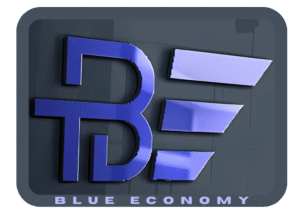As reported by Euractiv , in the year 2021 records were created for cocaine seizures in the Belgian port of Antwerp. The port of Rotterdam has millions of containers unloaded at its berths acquiring the distinction of being Europe’s largest seaport unfortunately correspondingly increasing amount of cocaine are entering. A drug cartel operating from the UAE port of Dubai is passing drugs through the European ports of Rotterdam and Antwerp and this fact was revealed during action by Europol . TradeWinds shared that a record 160 tonnes of cocaine were seized in the year 2022 . Customs authorities plan to deal with this wave of cocaine smuggling through an enlarged emphasis on AI, chemical detection, container tracing , satellite tracking of smaller vessels and boats and raising unspecified technical barriers . Such a modern and sustainable approach would reduce engaging and deploying a huge number of personnel and cutting costs in law enforcement activities. What needs to be understood here is that Drug Enforcement Agencies should not delegate their powers to any patrolling force as without responsibility no enforcement takes place and instead more conduits open for the drug cartels. A news agency informed that Cocaine seizures in Antwerp surged from 89.5 tonnes in the year 2021 to 109.9 tonnes with the port being seen to have become the gateway for narcotics entering via sea routes from South America into Europe. Rather then spending exorbitant amounts at patrolling the high seas satellite tracking of smaller vessels and boats , availing artificial intelligence tools and modern techniques of satellite and remote sensing is being opted.
Cocaine cartels , seaports and AI
By maritimeanalyst|2023-03-01T12:59:40+00:00January 16th, 2023|Categories: Sports, AI, Culture & Health|Tags: artificial, cocaine, customs, drugs, intelligence, remote, seaports, sensing, smuggling|0 Comments

Leave A Comment